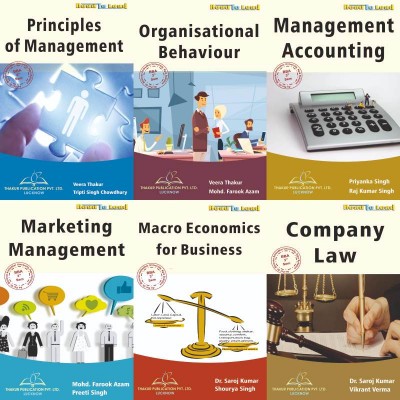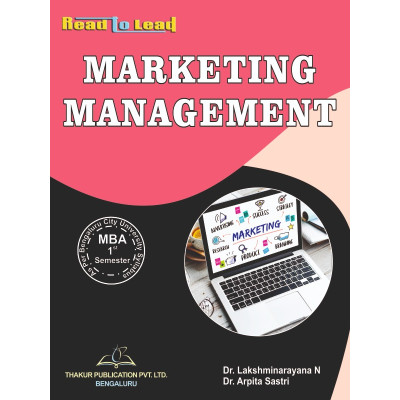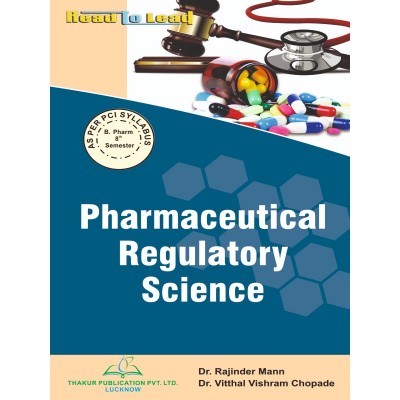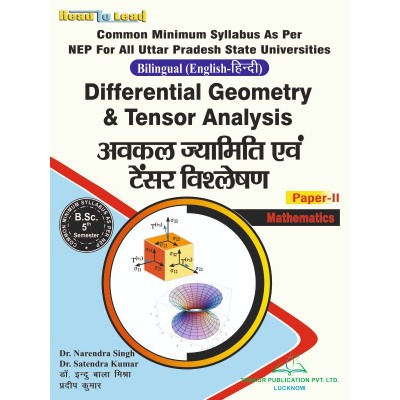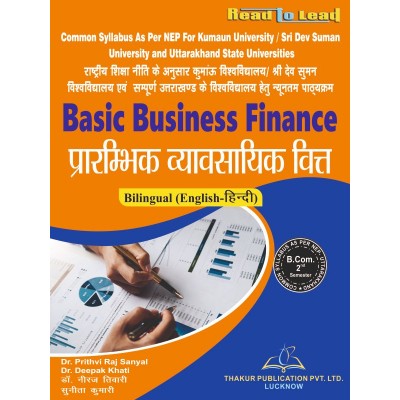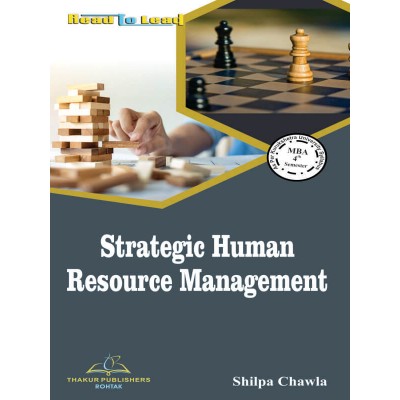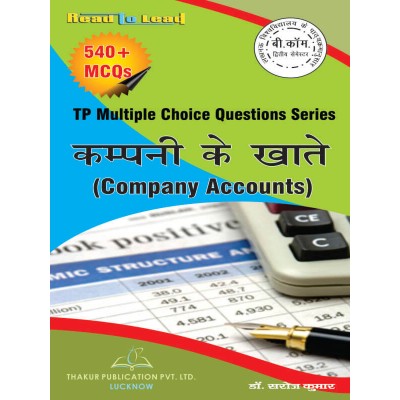Categories
- Pharmacy
-
Nursing
-
MBA
-
BBA
- U.P. State University
- Veer Bahadur Singh Purvanchal University, Jaunpur
- Chaudhary Charan Singh University, Meerut
- Dr. Bhimrao Ambedkar University, Agra
- Chhatrapati Shahu Ji Maharaj University, Kanpur
- Mahatma Jyotiba Phule Rohilkhand University, Bareilly
- Mahatma Gandhi Kashi Vidyapith, Varanasi
- Dr. Ram Manohar Lohia Avadh University, Ayodhya
- Deen Dayal Upadhyaya Gorakhpur University
- Prof. Rajendra Singh (Rajju Bhaiya) University, Prayagraj
- Raja Mahendra Pratap Singh University Aligrah
-
BCA
- UP State Universities
- University of Pune
- I.K.Gujral Punjab Technical University (PTU)
- University of Rajasthan
- Rashtrasant Tukadoji Maharaj Nagpur University
- Uttar Pradesh NEP2020
- University of Rajasthan ,Jaipur (According to NEP-2020)
- BCCA (B. Com - Computer Science)
- Haryana
- West Bengal
- BBA (CA)
- PUNE BCA (Sci,Commerce)/B.Com (CA)
- Dr. A. P. J. Abdul Kalam Technical University, Lucknow ( AKTU )
- MCA
-
B Ed
- Lucknow University B.Ed Books
- Chaudhary Charan Singh University/Maa Shakambhari University, Saharanpur
- Dr Bhim Rao Ambedkar University, Agra
- Mahatma Gandhi Kashi Vidyapeeth, Varanasi
- Chhatrapati Shahu Ji Maharaj University
- Prof. Rajendra Singh (Rajju Bhaiya) University, Prayagraj (PRSU)
- Mahatma Jyotiba Phule Rohilkhand University(Mjpru), Bareilly
- Dr. Ram Manohar Lohia Avadh University, Ayodhya
- Bundelkhand University, Jhansi
- B.A,B.ed
- B.Sc, B.ed
- Deen Dayal Upadhyaya Gorakhpur University
- Veer Bahadur Purvanchal University (VBPU)
- Maharaja Suhel Dev State University ,Azamgarh (MSDSU)
- Raja Mahendra Pratap Singh State University, Aligarh (RMPSSU)
- Barkatullah Vishwavidyalaya (Bhopal)
- Jiwaji University (Gwalior)
- Vikram University (Ujjain)
- Dr. Harisingh Gour University (Sagar)
- Devi Ahilya Vishwavidyalaya (Indore)
- Rani Durgavati Vishwavidyalaya (Jabalpur)
- Awadhesh Pratap Singh University (Rewa)
- Maharaja Chhatrasal Bundelkhand University (Chhatarpur)
- D. EL. ED
- TET
-
B Com
-
B Sc
- B.Sc. U.P. State Universities Common Syllabus NEP
- Veer Bahadur Singh Purvanchal University, Jaunpur
- University of Lucknow
- Chaudhary Charan Singh University, Meerut
- Madhya Pradesh
- Chhatrapati Shahu Ji Maharaj University, Kanpur
- Dr. Bhimrao Ambedkar University, Agra
- Mahatma Gandhi Kashi Vidyapith, Varanasi
- DEEN DAYAL UPADHYAYA GORAKHPUR UNIVERSITY
- Prof. Rajendra Singh (Rajju Bhaiya) University, Prayagraj
- Dr. Ram Manohar Lohia Avadh University, Ayodhya
- Mahatma Jyotiba Phule Rohilkhand University, Bareilly
- Uttarakhand State Universities
- B.Sc. Bihar Universities Common Syllabus NEP
- University of Rajasthan (Jaipur)
- Haryana
-
Bachelor of Arts [B.A.]
- B.A. Of U.P. State Universities Common Syllabus NEP
- Veer Bahadur Singh Purvanchal University, Jaunpur
- University of Lucknow
- Chaudhary Charan Singh University, Meerut
- Chhatrapati Shahu Ji Maharaj University, Kanpur
- Dr. Bhimrao Ambedkar University, Agra
- Mahatma Gandhi Kashi Vidyapith, Varanasi
- Deen Dayal Upadhyaya Gorakhpur University
- Prof. Rajendra Singh (Rajju Bhaiya) University, Prayagraj
- Dr. Ram Manohar Lohia Avadh University, Ayodhya
- Mahatma Jyotiba Phule Rohilkhand University, Bareilly
- Madhya Pradesh
- Uttarakhand
- Bihar
- University of Rajasthan (Jaipur Syllabus as Per NEP2020)
- Haryana NEP-2020
- B Tech
- LLB
- SWA Education
HUMAN CAPITAL MANAGEMENT BNU MBA Secon Sem
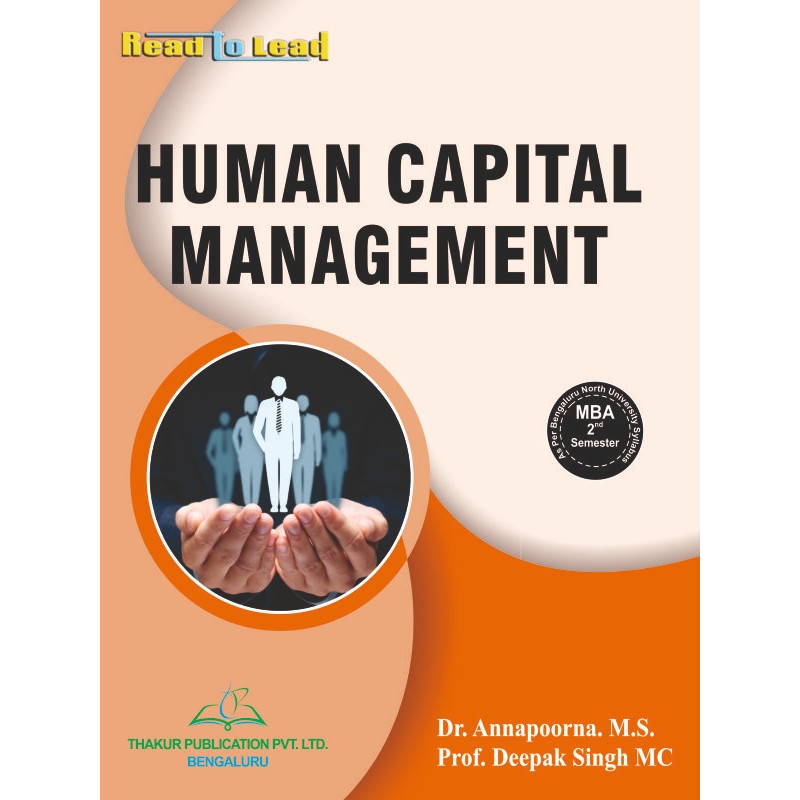
AUTHORS : Dr. Annapoorna , Prof. Deepak Singh
ISBN : 978-93-6180-334-5
₹210.00
Tax excluded
AUTHORS : Dr. Annapoorna , Prof. Deepak Singh
ISBN : 978-93-6180-334-5
Syllabus
Human Capital Management
Course Paper Code: MBA 2.3
Course Category: DSC
Module 1: Introduction to HCM 08 Hours
Introduction: Perspectives in HCM and HRM: Relevance, Importance and Need for HR Intervention; Evolution of Human Resource Management – The Importance of the Human Factor – Challenges – Inclusive Growth and Affirmative Action -Role of Human Resource Manager – Human Resource Policies – IT Applications in Human Resource Management – Human Resource Accounting and Audit; Human Resource Management: An Overview; HR Department, HR and HR Managers; HR as a Strategic Change Leader; HCM- Role, Functions, Competency, Job and Responsibility; Strategic Role of HCM in Organizational Success, HCM in the Gig and Platform Economy; Sustainable Human Capital Practices: HCM and ESG (Environmental, Social, Governance); The Future of HCM: Artificial Intelligence & Big Data. HCM and Globalization the Future of HRM: Artificial Intelligence & Big Data.
Module 2: HR Planning and Employee Hiring 12 Hours
Human Resource Management as Strategic Process; Defining Human Resource Planning, Traditional Approach and Contemporary Approach; Key Aspects of Human Capital Planning: Job Analysis, Job Design, Job Evaluation, Job Description. Human Resource Planning and Demand and Supply Forecasting; Employee Hiring- Nature of Recruitment and Selection Process, Induction, Training, Promotion, Transfer, Demotion and Separation; Career and Succession Planning- Nature and Models; Aligning HR with Strategy; Competency Based Approaches; Skills Analysis/Skill Inventor: HR Essential Skills and Skill Matrix - Business Communication and Interpersonal Skills; HR and Design Thinking – Role of Design Thinking in Bringing Competitive Advantage.
Module 3: HR Matrix 14 Hours
Maximizing Your Return on People: ROI Calculation; HR Metrics- Six Key Indicators- Stages in Designing Human Capital Metrics; Organizational Design: Organizational Design and Structure, Capability Management, Knowledge Management; Human Resource Costs: The Monetary Value Approach, Non-Monetary Value Based Approach; Human Resource Accounting Models: The Lev and Schwartz Model, Eric Flamholtz Model, Morse Model, Likert and Bowers Model, Hermanson’s Goodwill Model, Ogan’s Model; HRP and HRIS; Role of HR Tech: HRIS, HCM Software (SAP Success Factors, Workday) Human Resource Audit: HR Audit Objectives, Concepts, Components, Need, Benefits, Importance; Methodology and Instruments of HR Audit ; The Audit Process and Issues in HR Audit.
Module 4: Training and Development 12 Hours
Employee Orientation and Onboarding: The Orientation Process; Overview of Training Process: Aligning Strategy and Training; ADDIE Five-Step Training Process; Conducting the Training Needs Analysis; Designing the Training Program: Developing the Program; Implementing Training Program- On-the-Job Training: Job Instruction Training (JIT), Apprenticeship Training; Informal Learning;, Mentoring, Coaching, Job Rotation; off the Job Training: Lectures; Programmed Learning; Audio Visual-Based Training; Vestibule Training; Work Force Development and Engagement: Human Resource Development; Career Management; Leadership Development, Employee Engagement; Technology Based Training: Electronic Performance Support Systems (EPSS); Video Conferencing; Simulated and Virtual Reality, Interactive Learning; Internet-Based Training; The Virtual Classroom; Assessing the Impact of Training: Methods to Evaluate Training Effectiveness, ROI of Training Programs.
Module 5: Performance Management System 12 Hours
Introduction to Performance Management: Definition, Purpose, and Importance, Performance Management vs. Performance Appraisal, Strategic Relevance of Performance Management; The Performance Appraisal Process: Setting Performance Goals, Defining Employee Goals and Performance Standards, Importance of Continual Feedback, Key Result Areas (KRA) and Key Performance Indicators (KPI), Appraisal Process – Rationale and Challenges; Methods of Performance Appraisal: Traditional Methods: Rating Scale Method, Ranking Method, Paired Comparison Method, Forced Distribution Method, Critical Incident Method; Modern Methods: 360-Degree Feedback, 720-Degree Feedback, Behaviorally Anchored Rating Scales (BARS), Management by Objectives (MBO); Practical Aspects of Performance Appraisal: Appraisal Challenges, Guidelines for Effective Appraisals, Appraisal Interview and Discussion, Legal and Ethical Considerations in Appraisals.
BNU2025/MBA/02/03
99 Items
16 other products in the same category:
Comments (0)
No customer reviews for the moment.
Your review appreciation cannot be sent
Report comment
Are you sure that you want to report this comment?
Report sent
Your report has been submitted and will be considered by a moderator.
Your report cannot be sent
Write your review
Review sent
Your comment has been submitted and will be available once approved by a moderator.
Your review cannot be sent









